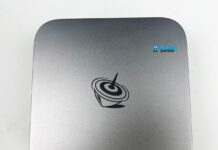Worth $199?
Review Summary
The Epomaker Magcore 87 is a wired-only, performance-driven keyboard built with Kailh Box Inductive switches, offering Hall-Effect-level customization with a more refined inductive approach. It delivers buttery-smooth keystrokes with adjustable actuation backed by a solid aluminum gasket-mounted chassis for a dampened, premium typing experience. While it excels in enthusiast-grade features like 8000Hz polling and hot-swappability, the lack of wireless connectivity, some software bugs, and its heavy, non-portable build may hold back some casual users. At $199.99, it’s a considerable investment, but one that pays off for those seeking next-gen switch tech.
Hours Tested: 2 Weeks
Overall
-
Design - 8.5/10
8.5/10
-
Typing - 9/10
9/10
-
Performance - 9/10
9/10
-
Software - 7.5/10
7.5/10
-
Value - 8/10
8/10
Pros
- Excellent Typing Experience
- Fully Customizable Switches
- Solid Build Quality
- Minimalistic Design
- Outstanding Gaming Performance
Cons
- No Adjustable Feet
- No Wireless Option
- Software Needs Improvement
- Heavy and Less Portable
After reviewing the feature-packed F108 Pro, I was curious to see how Epomaker would offer something more compact without trimming down the experience. As a result, they came with the Magcore 87 that promises a magnetic switch typing experience in a space-saving layout, while still claiming to offer enthusiast-level performance.
Its name suggests what the keyboard is all about. It hints at the magnetic Hall Effect switches used in it, which have been steadily gaining popularity in the keyboard scene for their adjustable actuation, rapid trigger capabilities, and overall snappy responsiveness. Let’s add to that Epomaker’s track record for offering great value, and I am excited to see how this keyboard would perform for both productivity and gaming.
While it doesn’t carry the bells and whistles of a full-size flagship, such as a screen or rotary knob, the Magcore 87 leans more towards a minimalist aesthetic design and layout. So naturally, I am going into it expecting a clean, focused keyboard, something that could nail the essentials without overcomplicating things.
Key Takeaways
- The Epomaker Magcore 87 is a feature-packed magnetic switch keyboard that delivers a smooth, customizable typing experience with its Kailh Box Inductive switches and solid build.
- You should consider the Epomaker Magcore 87 if you want cutting-edge switch tech, prefer performance over wireless convenience, and appreciate a solid and dampened typing experience.
- You should skip the Epomaker Magcore 87 if you want wireless or Bluetooth modes, are just getting into magnetic switches, and prefer a lightweight and portable keyboard.
For those of you who love digging into the specs, as I always do before buying a new keyboard. Here’s a detailed look at what the Epomaker Magcore 87 brings to the table:
| Layout | TKL ANSI US Layout |
| Number of Keys | 88 Keys |
| Connectivity | Type-C Cable |
| Compatibility | Mac/WIN |
| Case Material | Aluminum |
| Flex–Cut | No Flex-Cut |
| Stabilizers Type | Aluminum Alloy Plate. (Compatible with Screw-in Stabilizer) |
| Mounting Structure | Gasket-Mount |
| Feet | No |
| PCB Thickness | 1.2mm |
| Plate Material | FR4 |
| Sound Dampening | Silicon Sandwich Foam/IXPE Switch Pad/Bottom EVA Foam |
| Keycaps Profile | Cherry Profile |
| Keycaps Material | PBT Plastic |
| Keycaps Manufacturing Technique | Double-Shot |
| Switch | Inductive Switch |
| Hot Swappable | Yes, with Inductive Switches, not for 3-pin/5-pin mechanical switches |
| RGB | South-facing, per-key RGB |
| Polling Rate | 8000Hz |
| Scan Rate | 32khz per key |
| Latency | 0.125ms |
| Anti-Ghosting | N-Key Rollover |
| Keyboard Dimensions | 357*136 *40mm |
| Keyboard Weight | around 2kg |
What Makes The Epomaker X Aula F108 Pro Different?
Unlike Epomaker’s more feature-heavy predecessors, which offered extras like an LCD screen and a knob. The Magcore 87 went with a minimalist TKL design that still delivers high-end performance. It excludes wireless modes in favor of a wired connection.
Furthermore, it introduces Kailh Box inductive switches, a step forward from both traditional mechanical and standard Hall Effect switches. Therefore, Epomaker positioned this towards enthusiast-grade level, where performance is packed in a more focused, compact package.
Packaging & Unboxing Experience
Epomaker’s packaging experience has always been pretty solid, and the Magcore 87 doesn’t stray far away from that. It comes in a clean, minimalistic box that keeps things simple but still manages to feel a bit premium.
On the front, there’s an image of the keyboard itself, along with the Epomaker logo and model name neatly displayed. Around the sides, you’ll find some key highlights and feature callouts, which are pretty standard but nicely presented.
Box Contents
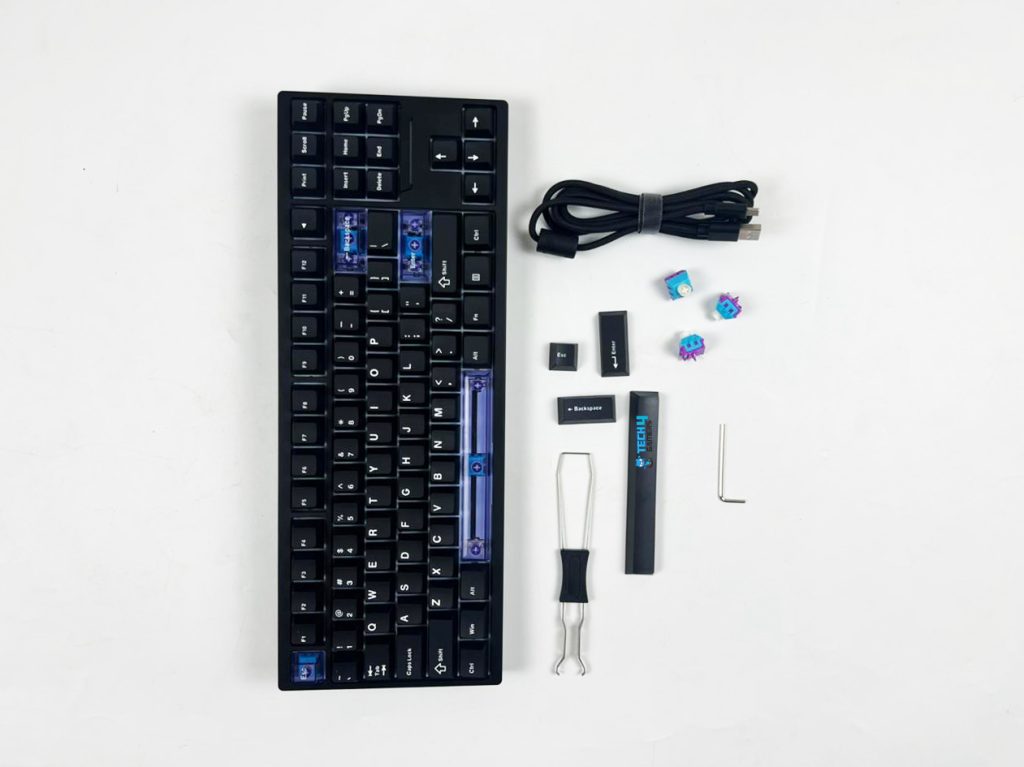
Inside the box, everything is packed safely in a black cardboard box with different reclosable plastic pouches, and the keyboard comes wrapped in a soft plastic sleeve. Here is the list of everything that you’ll find inside the box:
- Epomaker Magcore 87
- Type-C Cable
- User Manual
- Keycap Puller
- Hex Key
- Extra Inductive Switches 3x
- Extra Keycaps 4x
Design
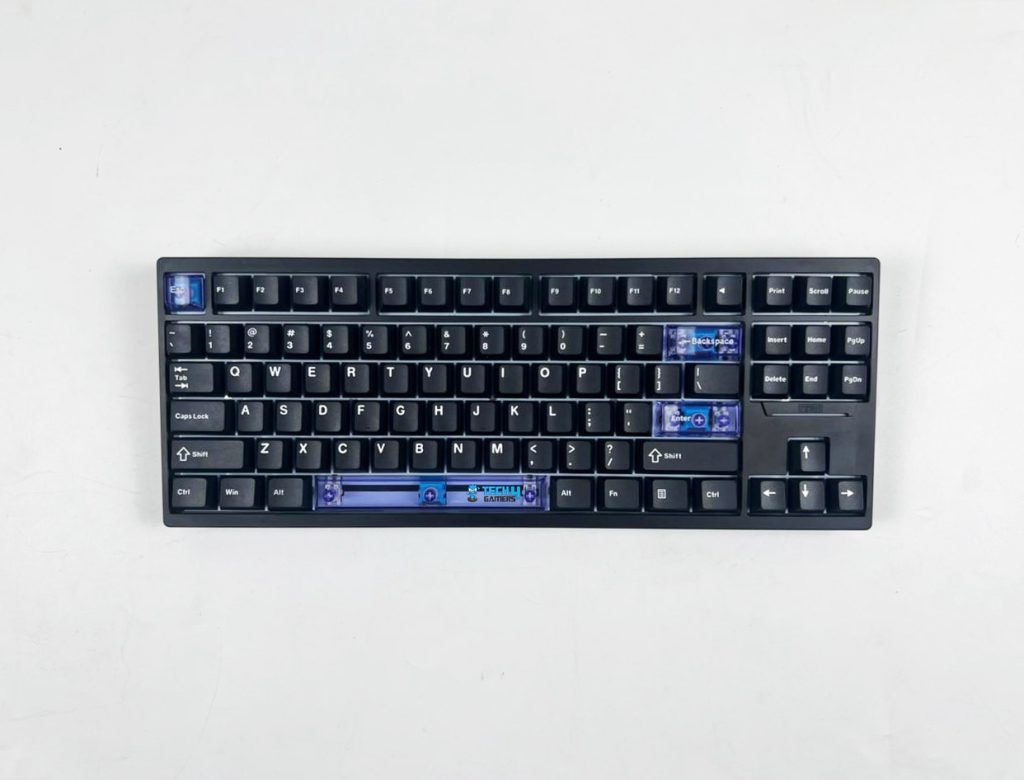
As for the first impressions, the Magcore 87 looks and feels sturdy straight out of the box with its complete aluminum chassis. Unlike most TKL keyboards that lean towards a plastic build to cut weight or cost, this one goes all in with a solid aluminum case that feels premium.
The surface has a smooth, matte finish that feels great to the touch and gives off a refined, industrial aesthetic without being overly flashy. It only comes in black with black-and-white double-shot PBT keycaps. It’s a timeless color combo that works in pretty much any setup.
There are four violet-tinted, translucent keycaps for the ESC, Backspace, Enter, and Spacebar. In my opinion, this is just the right amount of contrast to keep it visually interesting without veering into gamery territory. The keyboard also includes black replacements so that you can have an entirely monochrome look.
Layout
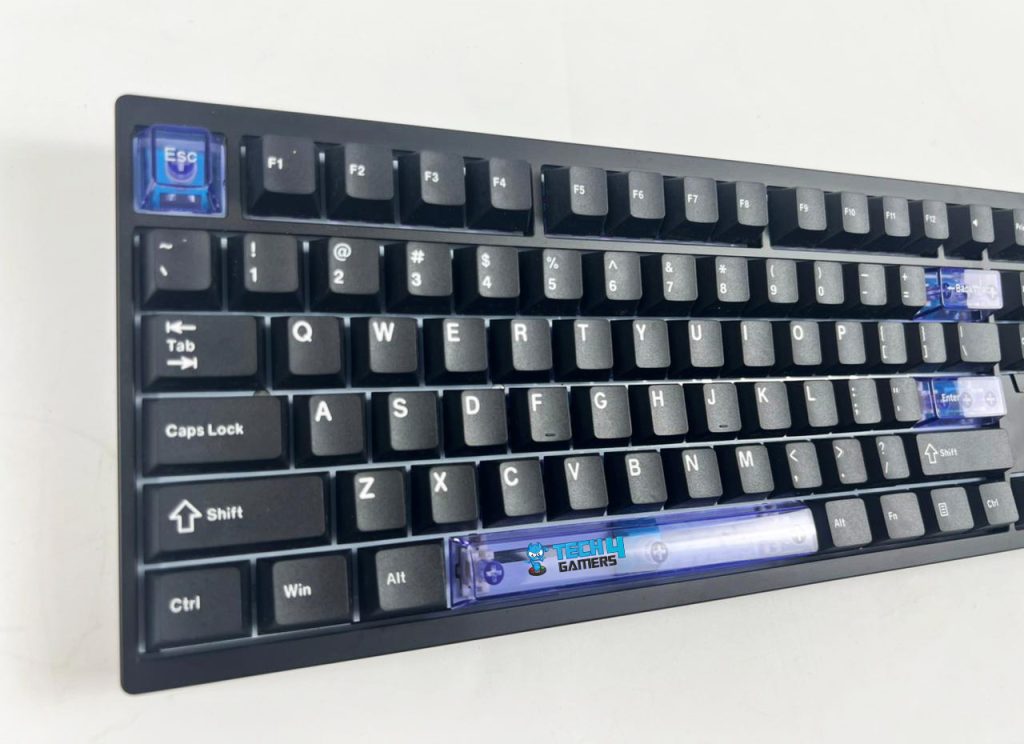
The Magcore 87 sticks to a tried-and-true TKL layout, giving you 88 keys in total. It ditches the numpad for a more compact footprint. Still, it retains all the essential functions that include the arrows, navigational keys, and the full F-row to cater to gamers, writers, and productivity-focused users alike. Lastly, the layout would feel immediately familiar if you’ve used TKL keyboards before.
Build Quality
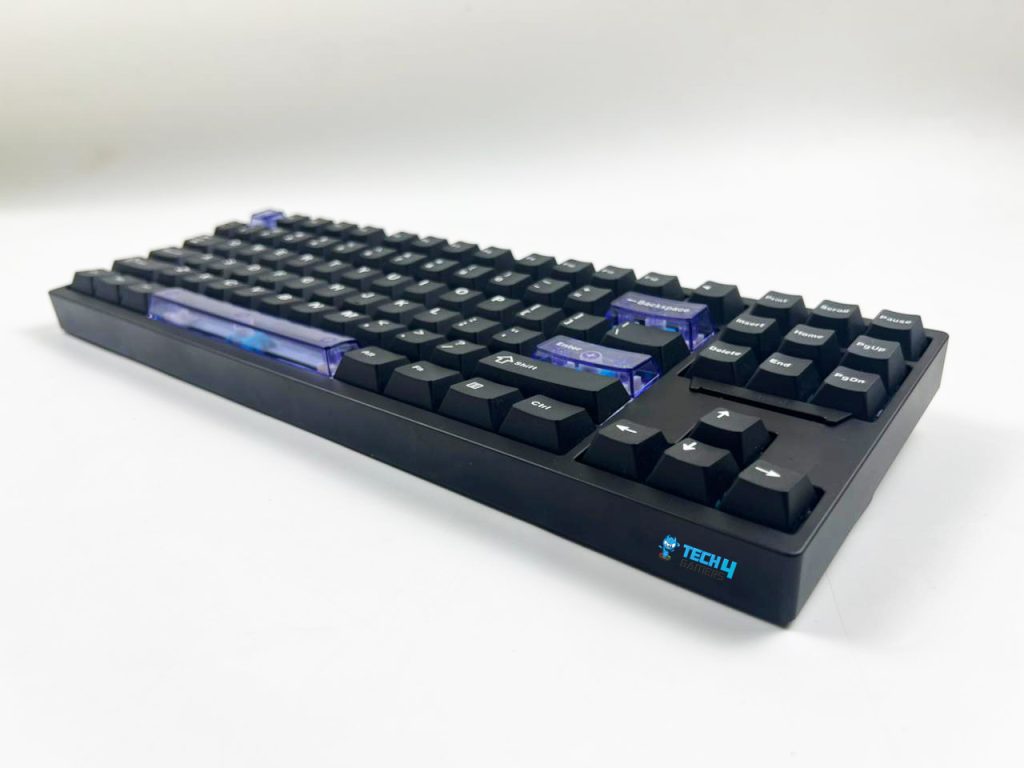
At around 2kg, this thing is a brick in the best way possible. I can assure you that, once it’s on your desk, it’s not going anywhere. There’s zero flex in the frame, and the weight gives it a solid and satisfying feel when typing. It’s not the most travel-friendly option out there, but for a desktop setup, it’s solid as a rock.
Underside
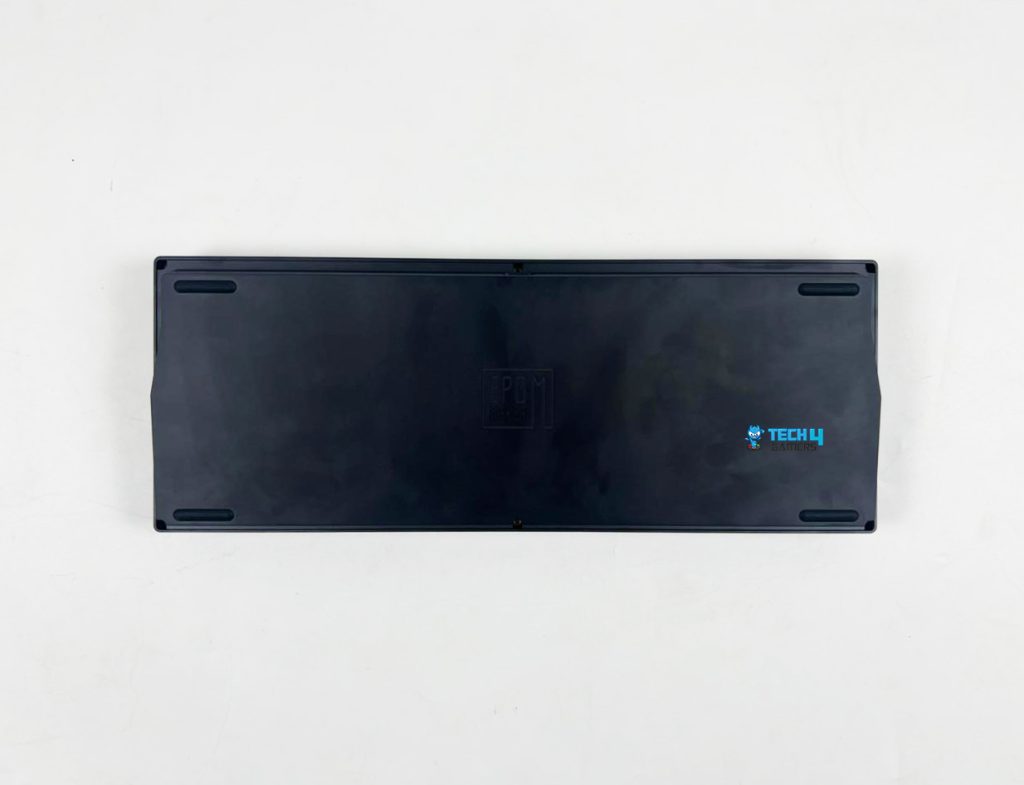
One minor letdown is the lack of adjustable feet. The keyboard has a built-in, predetermined typing angle, but it’s relatively low and fixed. While it worked fine for me over long sessions, those who prefer a steeper incline might miss the option to adjust the height for themselves. Lastly, the bottom section of the case is finished entirely in black, featuring a subtle engraved branding and four black silicone feet for grip.
Keycaps
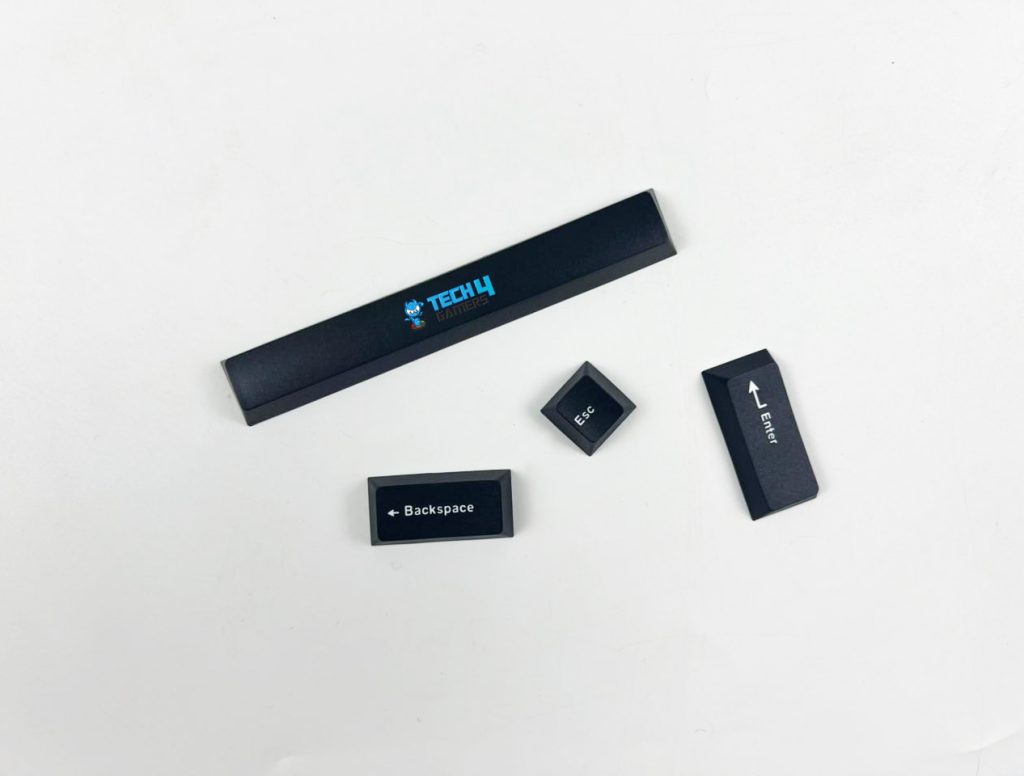
The keycaps are made from double-shot PBT plastic, which is my preferred choice in terms of both durability and typing feel. Unfortunately, there’s no shine-through here, which might be a downside for some, especially RGB lovers who want that gamer aesthetic.
However, on the flip side, it keeps the look clean. Moreover, the keycaps feel textured but not rough, offering just enough grip to keep the fingers in place without feeling cheap. It’s the kind of finish that gets better the more you use it.
Another thing that stood out was how stable the keycaps feel. There’s minimal wobble, even on the larger keys, and the overall balance across the board. I’ve tested other magnetic keyboards before, and some felt too floaty, others too stiff. Surprisingly, the Magcore 87 finds a great middle ground.
RGB Lighting
The south-facing per-key RGB shines brightly through the gaps around the keycaps, and the underglow is delightful without being overly harsh or distracting. The diffusion is clean, and colors stay vivid across all angles, as there are no weird dim spots or overly sharp light beams.
There’s also an RGB strip added below the navigational cluster, which adds a lovely little accent to the right side of the board. It’s subtle but elevates the overall look of the keyboard. You get a variety of built-in lighting effects to cycle through, including waves, breathing, raindrops, reactive keypress, and many more. Lastly, the animations are smooth, and the transitions feel fluid.
Switches
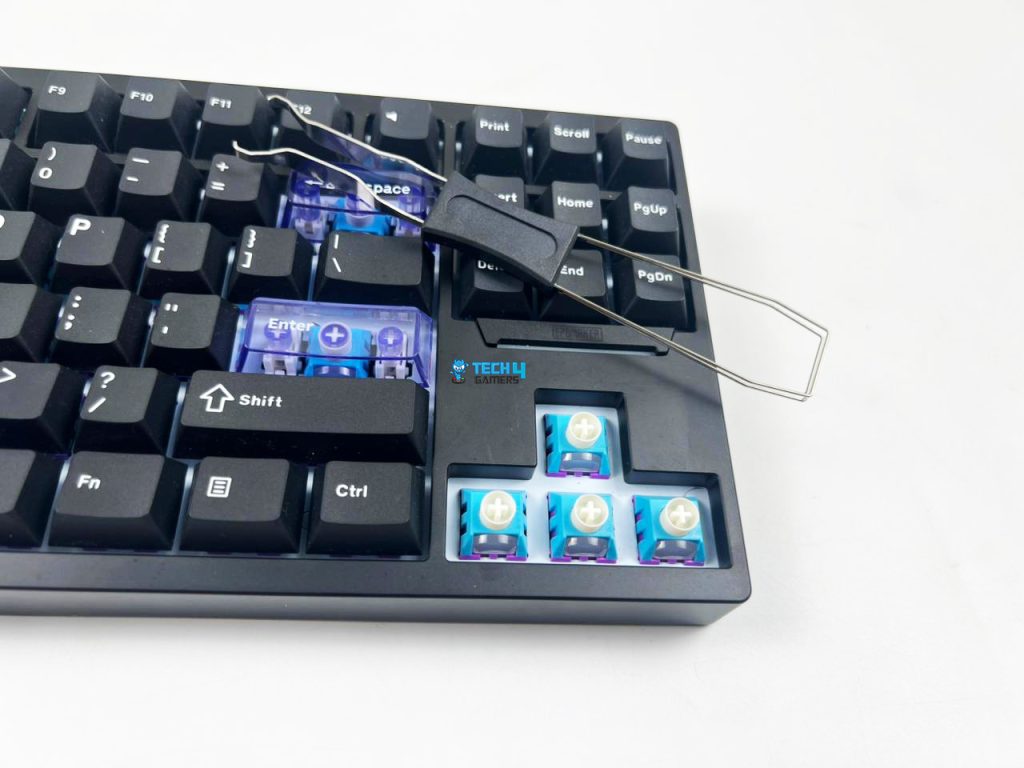
The Epomaker Magcore 87 isn’t using the standard Hall Effect switches. Instead, it uses Kailh Box Inductive switches. They rely on an inductive sensing mechanism using a metallic actuator that moves through an electromagnetic field. It’s similar to Hall Effect technology but technically different in how it detects input.
There are fewer moving parts involved, and the use of POM Polyoxymethylene in the switch housing provides a smooth glide. They’re also relatively light, with an initial actuation force of 35 grams ±10gf, which feels gentle, and the total travel distance sits around 3.5mm ±0.2, which is pretty standard.
Still, it can be adjusted exactly where the switch actuates. The board is hot-swappable, but only with other inductive switches, not traditional mechanical ones. Durability-wise, Kailh rates them at 100 million keystrokes minimum. Since there’s no physical contact in registering the stroke, there’s less wear and tear over time.
Connectivity
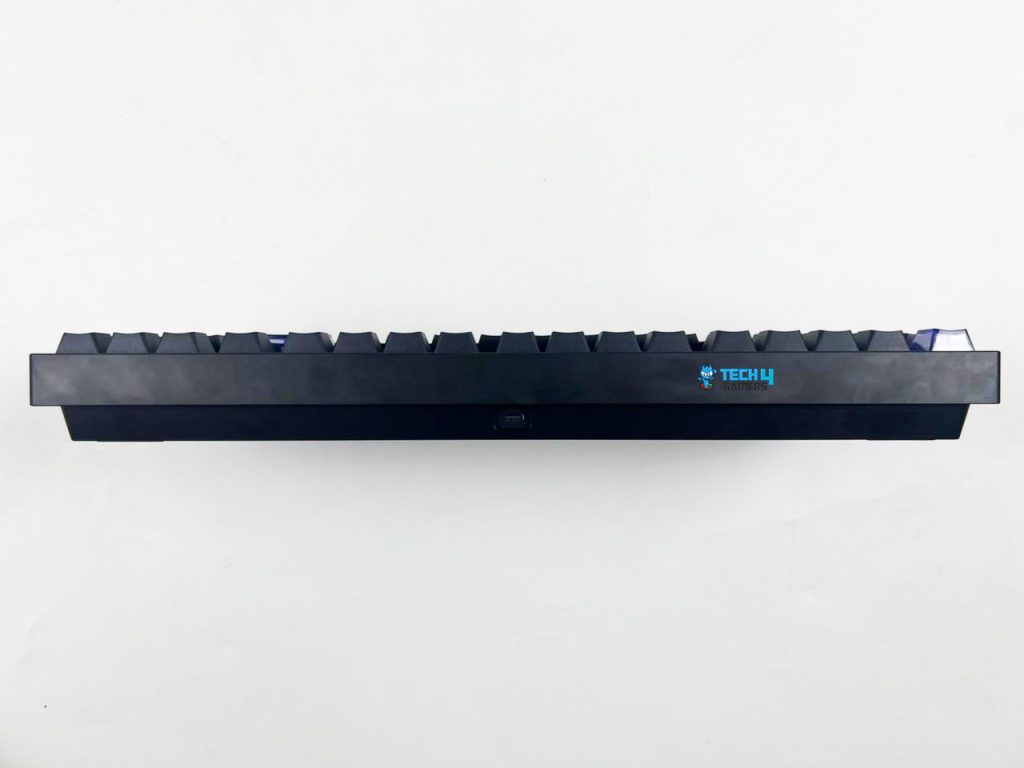
I know there are a lot of keyboard that offers three-way connectivity options, and Epomaker is a perfect example of that. However, for this keyboard, they have decided to go with only one option and have kept things simple with only a wired connection. You won’t find Bluetooth or 2.4GHz wireless connections.
For me, this is a blessing in disguise, as there is no dongle to worry about and no battery to charge. While this could be a downside for some looking for wireless flexibility, it makes sense given the board’s focus on performance and stability. That’s because a stable wired connection ensures you’re getting the most out of that performance without worrying about input lag or signal drops.
While I usually prefer having wireless as an option, I didn’t mind the wired-only setup here. Though the Magcore 87 performs remarkably well in wired mode, if removing the cord entirely is a priority for you, you might want to explore our best wireless gaming keyboards recommendations for more freedom in your setup.
Typing Experience
The Magcore 87 features inductive magnetic switches, and it’s one of those setups where the more you type on it, the more you start to appreciate the difference. Across my usage, I noticed that there’s little to no scratchiness and ping, and the consistency across the board is genuinely impressive. Each keystroke has a subtle yet satisfying sound, falling somewhere between a muted mechanical sound and a soft, linear tone.
The sound-dampening stack, which includes a silicone layer, IXPE switch pad, and EVA foam, does a lot of heavy lifting here. It’s not entirely silent, but it’s tuned enough to avoid being obnoxious. Lastly, the spacebar is surprisingly firm. There is no rattle, no echo, and no weird twang, as this is the same case for the shift and enter keys.
Performance
Thanks to its 8000Hz polling rate and 32kHz per-key scan rate, the keyboard feels quite responsive. There’s virtually zero latency, as we’re talking around 0.125ms, which puts it right up there with enthusiast-grade magnetic boards used for competitive gaming by professional players in the e-sports scene.
Fortunately, the ultra-high polling rate isn’t just marketing fluff. It provides snappier movement, and I noticed no lag when I was hammering multiple keys at once while playing DOTA 2. As I mentioned, it gives you an option to customize how sensitive each key is. That means you can set a shallower actuation point for faster in-game response, or go deeper for typing.
While I was testing it by playing competitive FPS titles like CS2 and Valorant, the Magcore 87 held its ground and didn’t disappoint. There’s no key chatter, no ghosting, and no wobble that disturbs my gaming experience. I had no trouble in strafing, spamming abilities, or crouch-peeking a corner, as every keystroke registers accurately.
Software
The Magcore 87 uses Epomaker’s proprietary driver software, named Epomaker Magcore 87 Driver, which long-time users of the brand might already be familiar with. The software can be downloaded directly from the official site. It’s a relatively lightweight program that covers the basics, including key remapping, macro recording, adjustable actuation, and RGB lighting customization.
That said, while the functionality is there, the user experience still feels like it needs some revisions. I think for beginners, the UI isn’t the most intuitive, and some menus can feel a bit confusing on first use. It’s not exactly what you’d expect from more established software ecosystems. Generally, the interface is more aligned with niche enthusiast needs than mainstream suites.
Should You Buy It?
Buy It If
✅ You want cutting-edge switch tech: The Magcore 87’s Kailh Box Inductive switches offer an ultra-smooth, scratchless feel with insane customizability that includes adjustable actuation, rapid trigger, multi-action layering, and more.
✅ You prefer performance over wireless convenience: With a wired-only setup, it offers up to 8000Hz polling rate, reducing latency and making it ideal for competitive gaming with snappy performance.
✅ You appreciate a solid and dampened typing experience: The full aluminum case, gasket-mounted structure, and multi-layer foam give it a soft, thocky sound profile, adding to its premium typing experience.
Don’t Buy It If
❌ You want wireless or Bluetooth modes: This is a wired-only keyboard. If multi-device connectivity or on-the-go versatility is a must for you, this keyboard might not be the best fit for you.
❌ You’re just getting into magnetic switches: While the keyboard is impressive, $199.99 is a significant investment. If it’s your first time exploring magnetic switches, consider trying a cheaper model before investing fully.
❌ You prefer a lightweight and portable keyboard: The all-metal chassis adds a ton of durability, but also weight. It’s not the easiest keyboard to move around or carry in your travel bag.
My Thoughts
After spending a reasonable amount of time with the Epomaker Magcore 87, I can confidently say this isn’t just another keyboard dressed up with RGB and a fancy name. It performs exceptionally well, especially in terms of feel and responsiveness, thanks to its magnetic switches. Thankfully, typing on it feels clean, snappy, and consistent, and it never gave me the cheap or hollow feeling some keyboards do.
Surprisingly, I have replaced my daily driver with this, and I’m sure it will stay there for a long time. Since the typing experience is outstanding, the build is satisfyingly hefty, and the performance during gaming is more than responsive enough for me. It’s the kind of board I could see myself using both for writing and late-night gaming sessions without swapping to something else. If you want to see how it stacks up against similar models, check out our best magnetic gaming keyboards guide.
You could argue that the price is kinda high at $199.99. However, for me, the features this keyboard offers make it well worth it. Yes, I would recommend it, but with one small caveat. If this is going to be your first magnetic switch keyboard, I’d suggest starting with something cheaper. You never really know if you’ll like the feel of magnetic switches until you’ve tried them, so it’s smarter to spend a few bucks on a budget option first.
Thank you! Please share your positive feedback. 🔋
How could we improve this post? Please Help us. 😔
[Hardware Reviewer & Editor]
After many years of exploiting various pieces of hardware, Abdul Hannan now serves as an editor at Tech4Gamers. He’s been in the PC hardware reviewing industry for almost a decade, and his staff of passionate geeks and reviewers is second to none.
Abdul Hannan is constantly seeking new methods, you will always see him running into New Computer Courses to improve the performance of his computer components since he is an ardent overclocker. He is well-known for providing the most extensive and unbiased analysis of the newest and greatest hardware for PC gaming, including everything from GPUs to PSUs.


 Threads
Threads
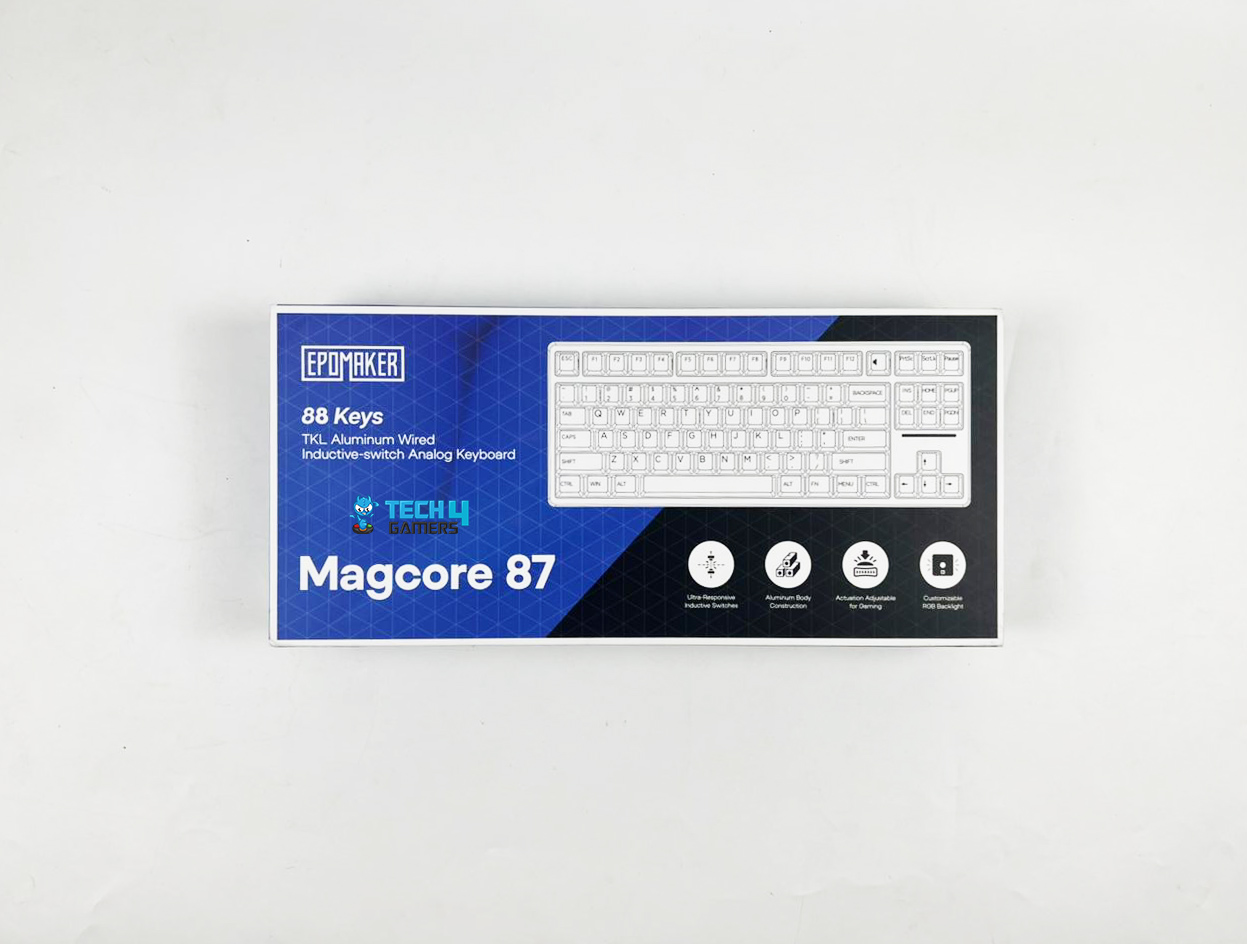
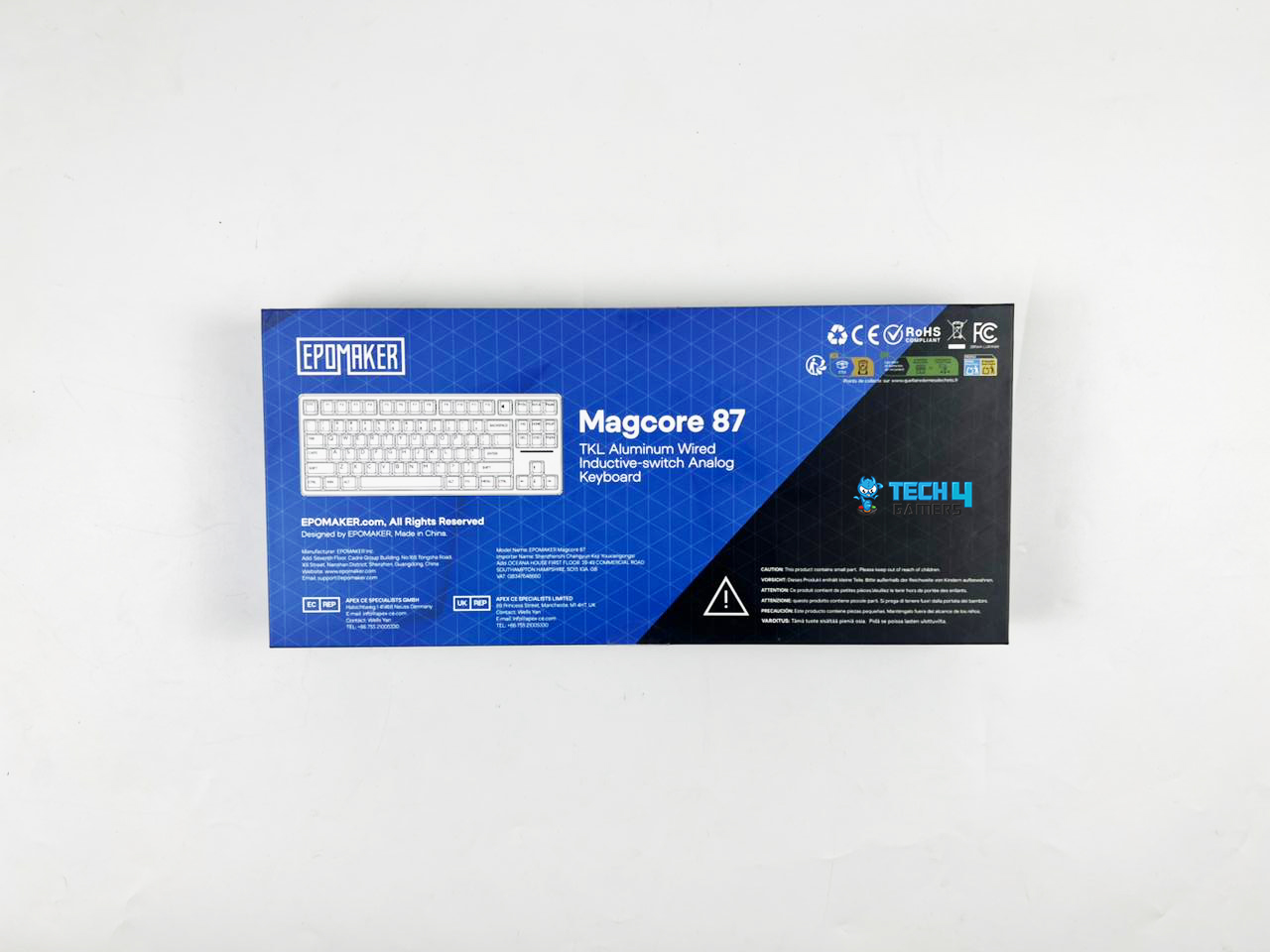
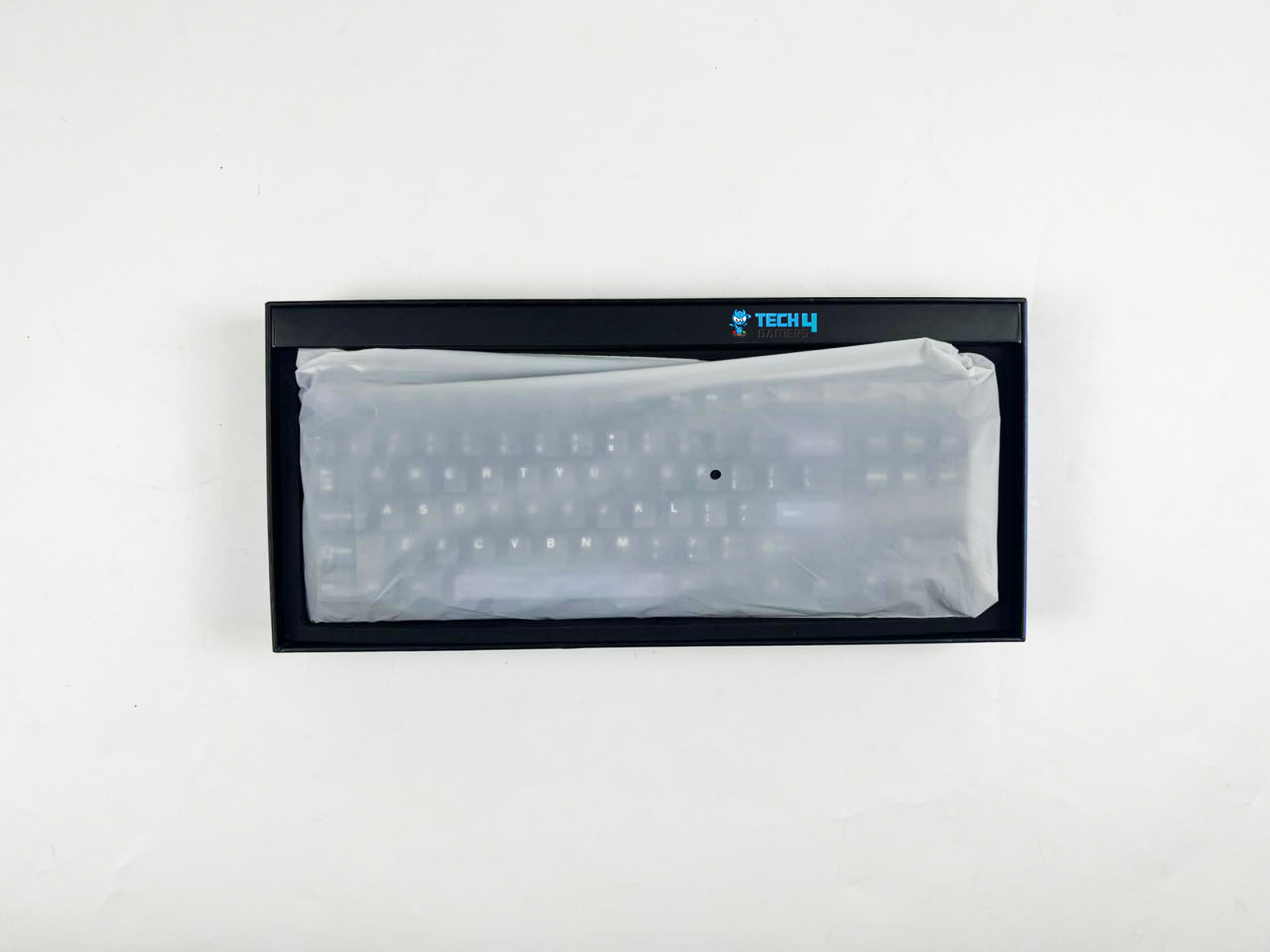
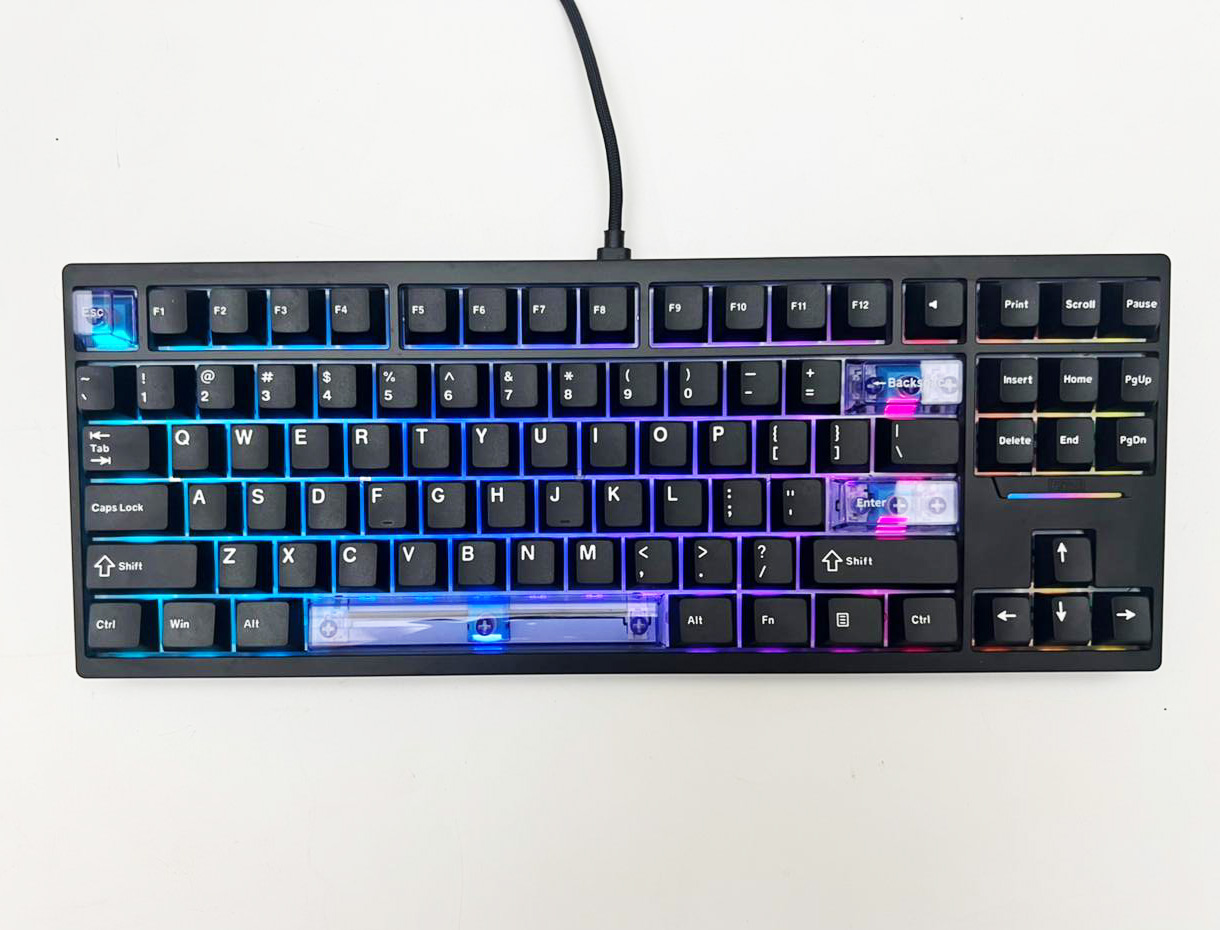
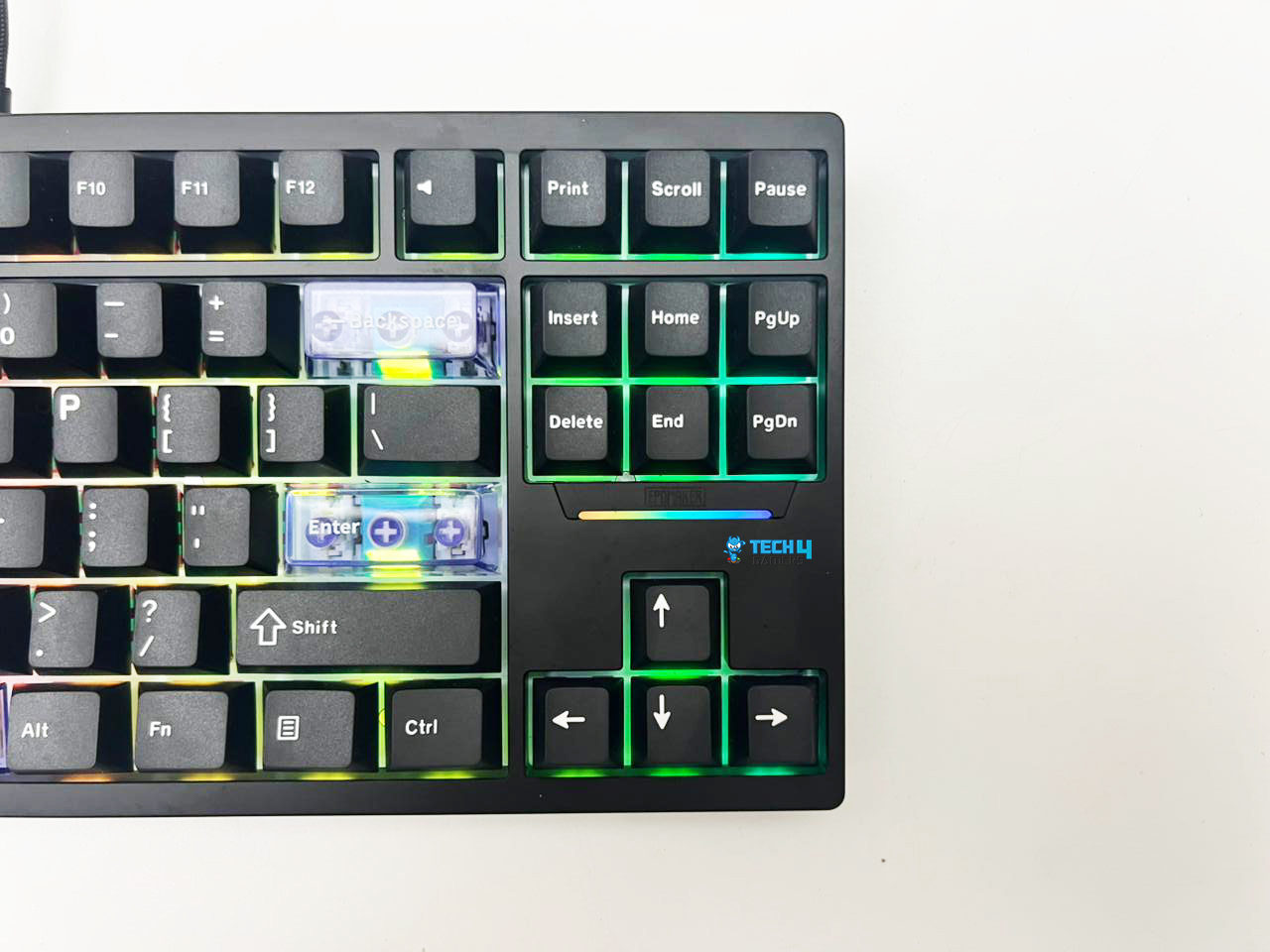
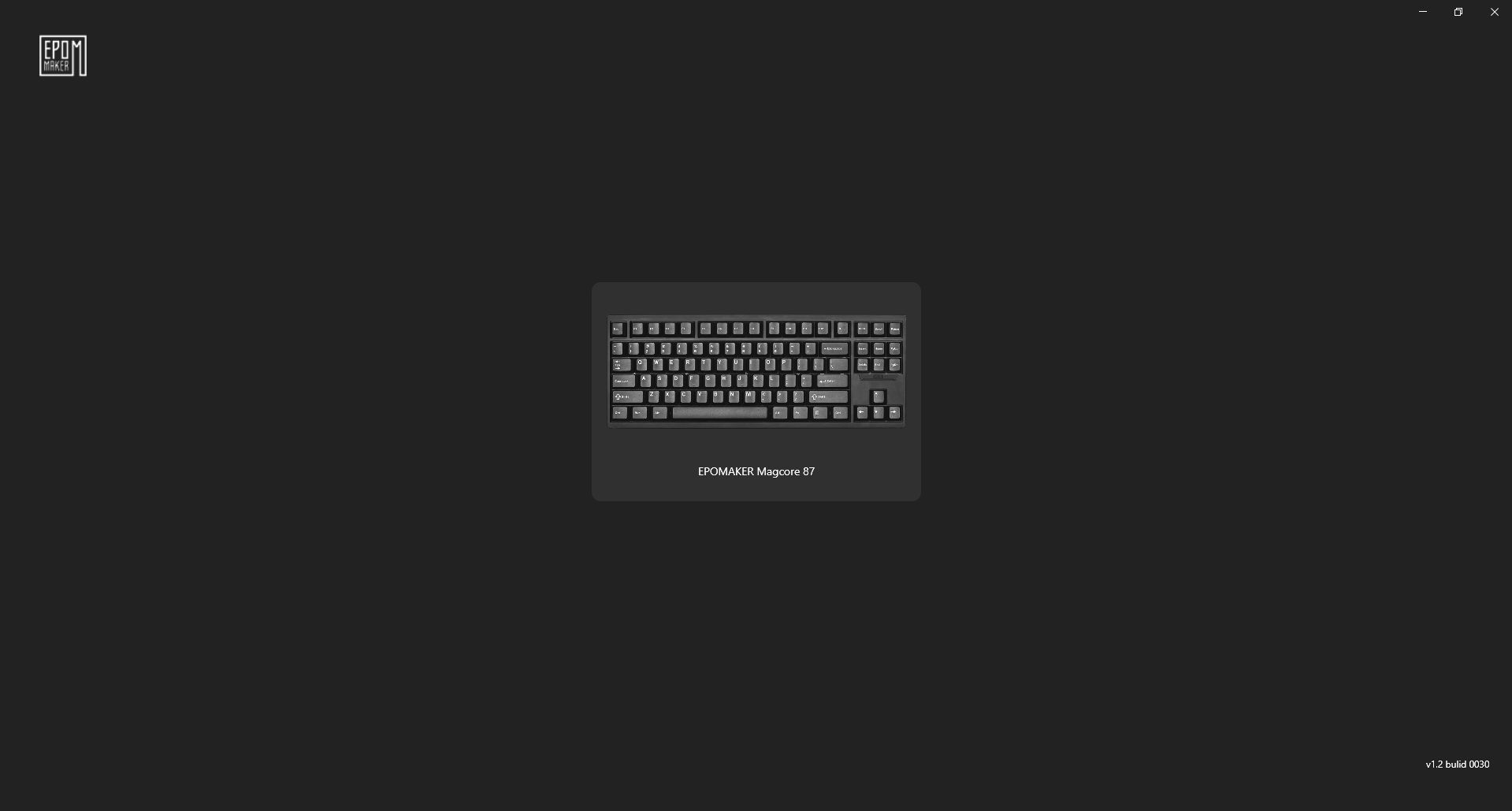
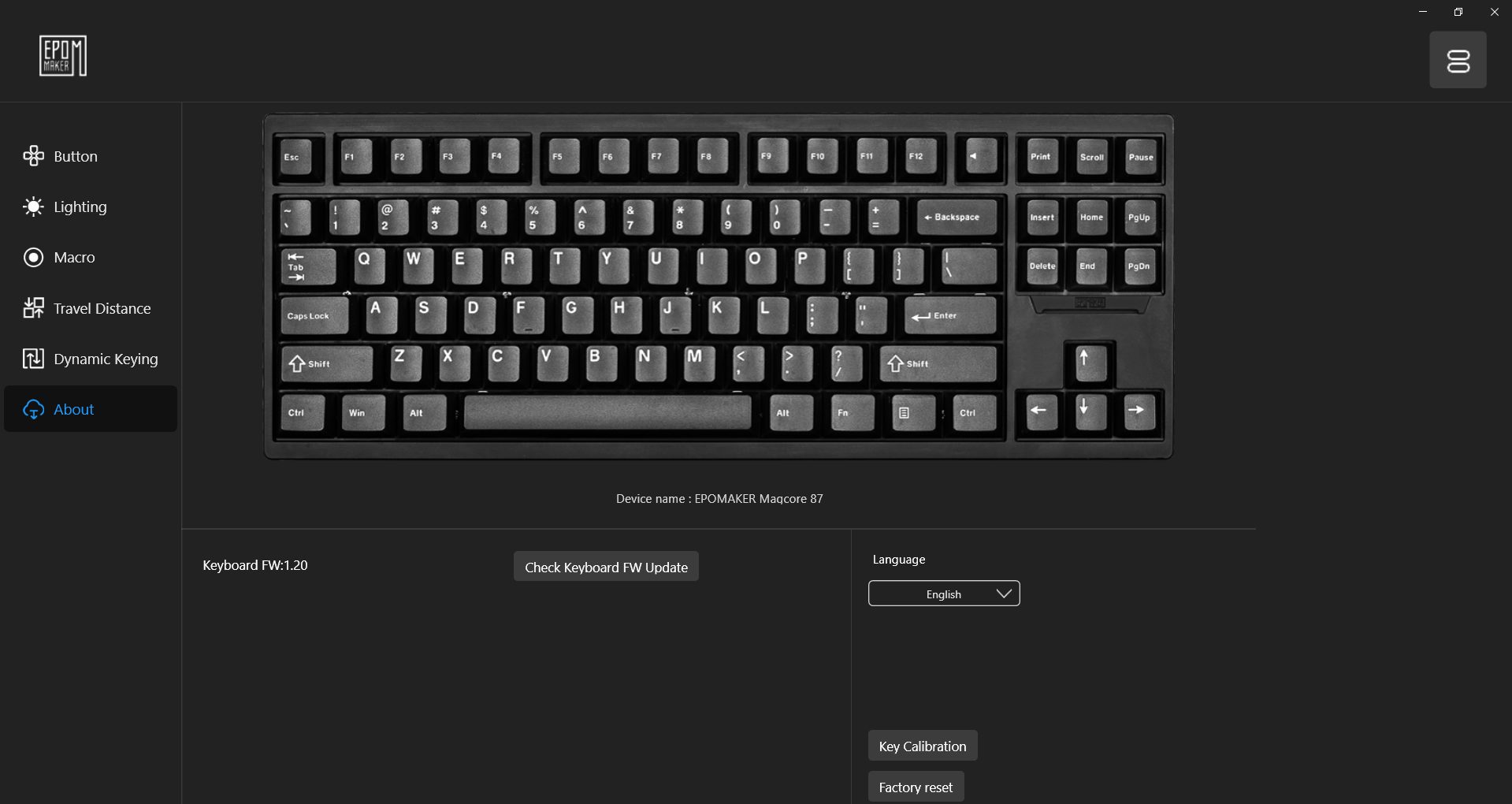
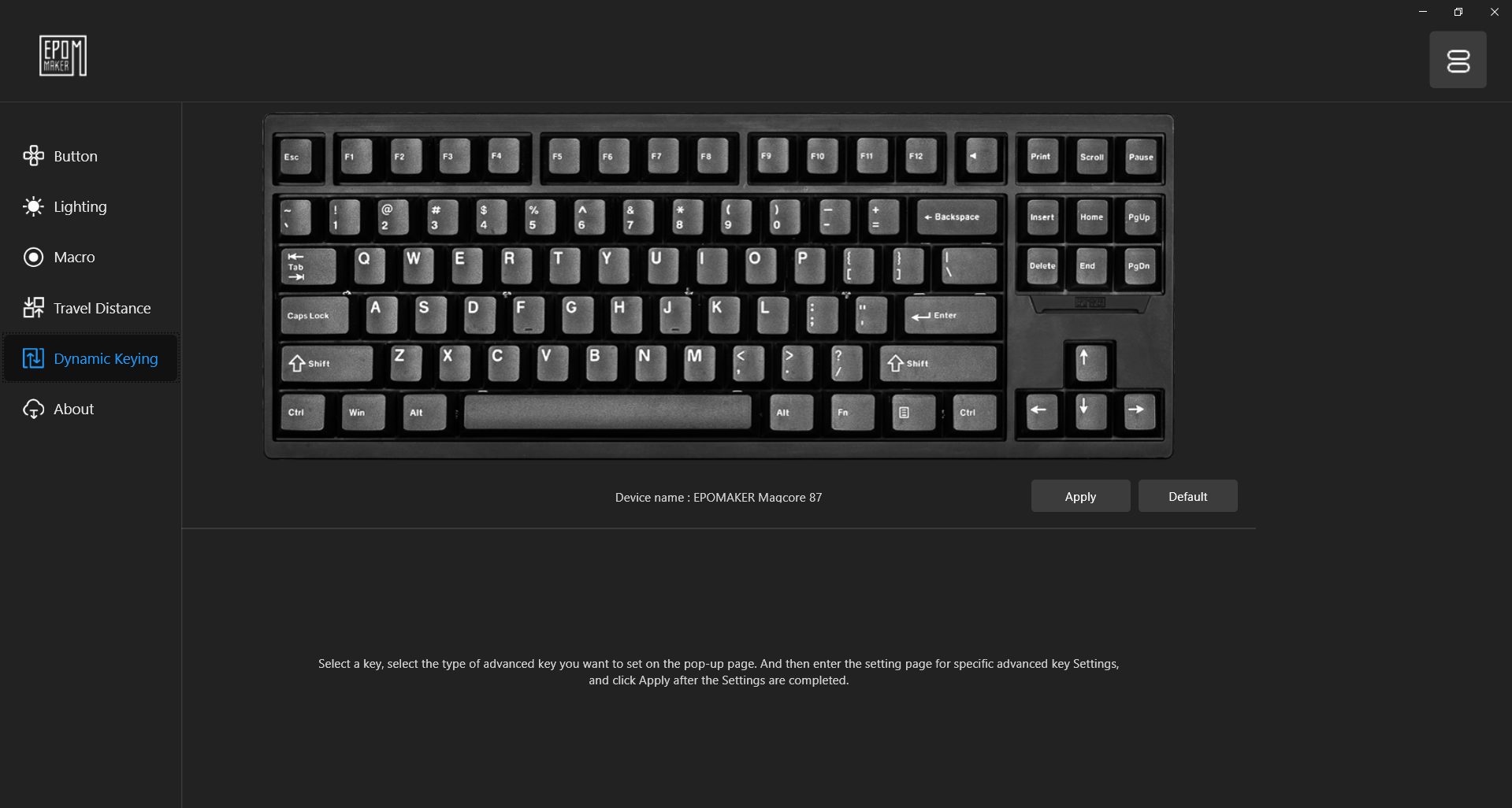
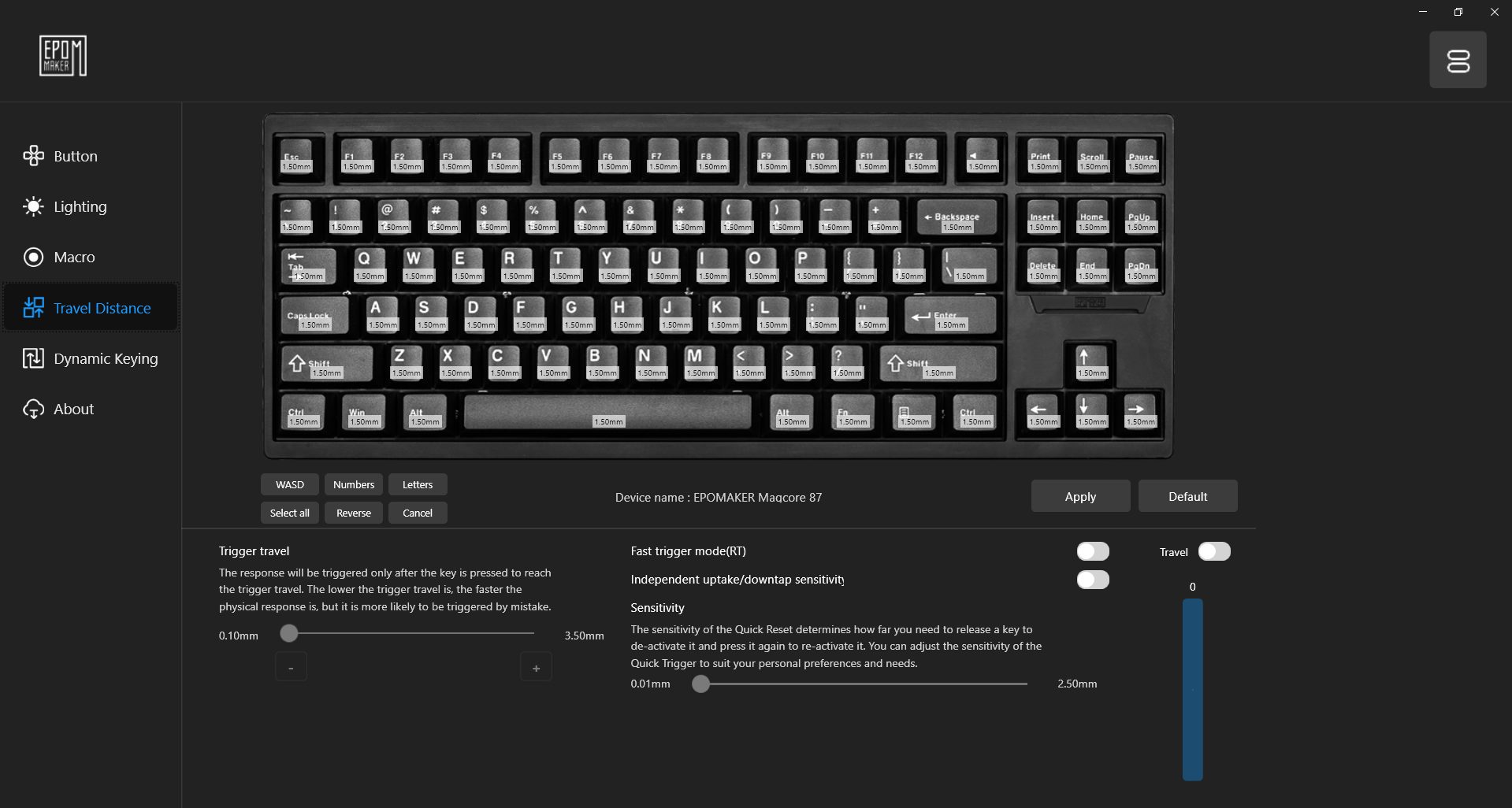
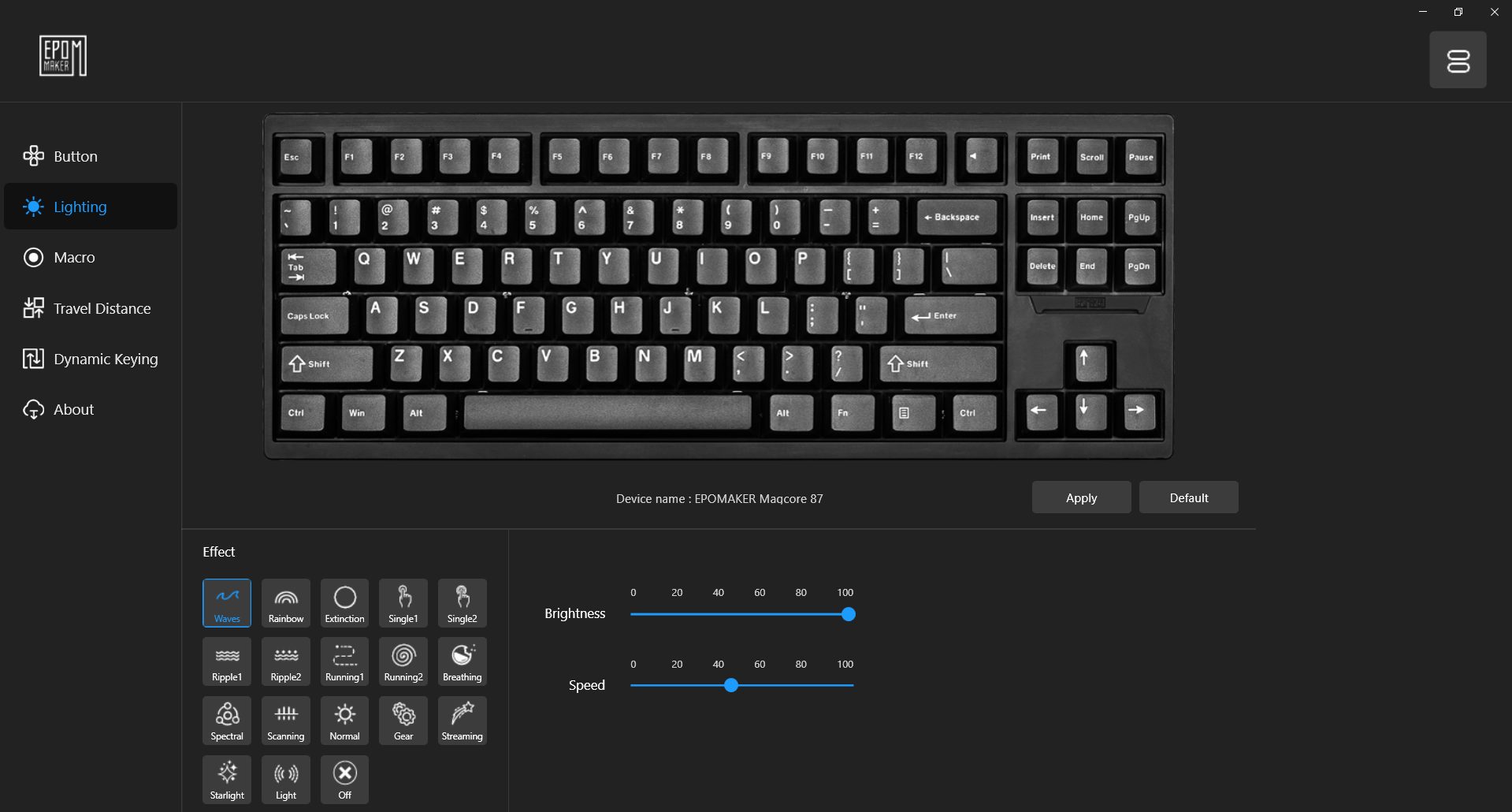
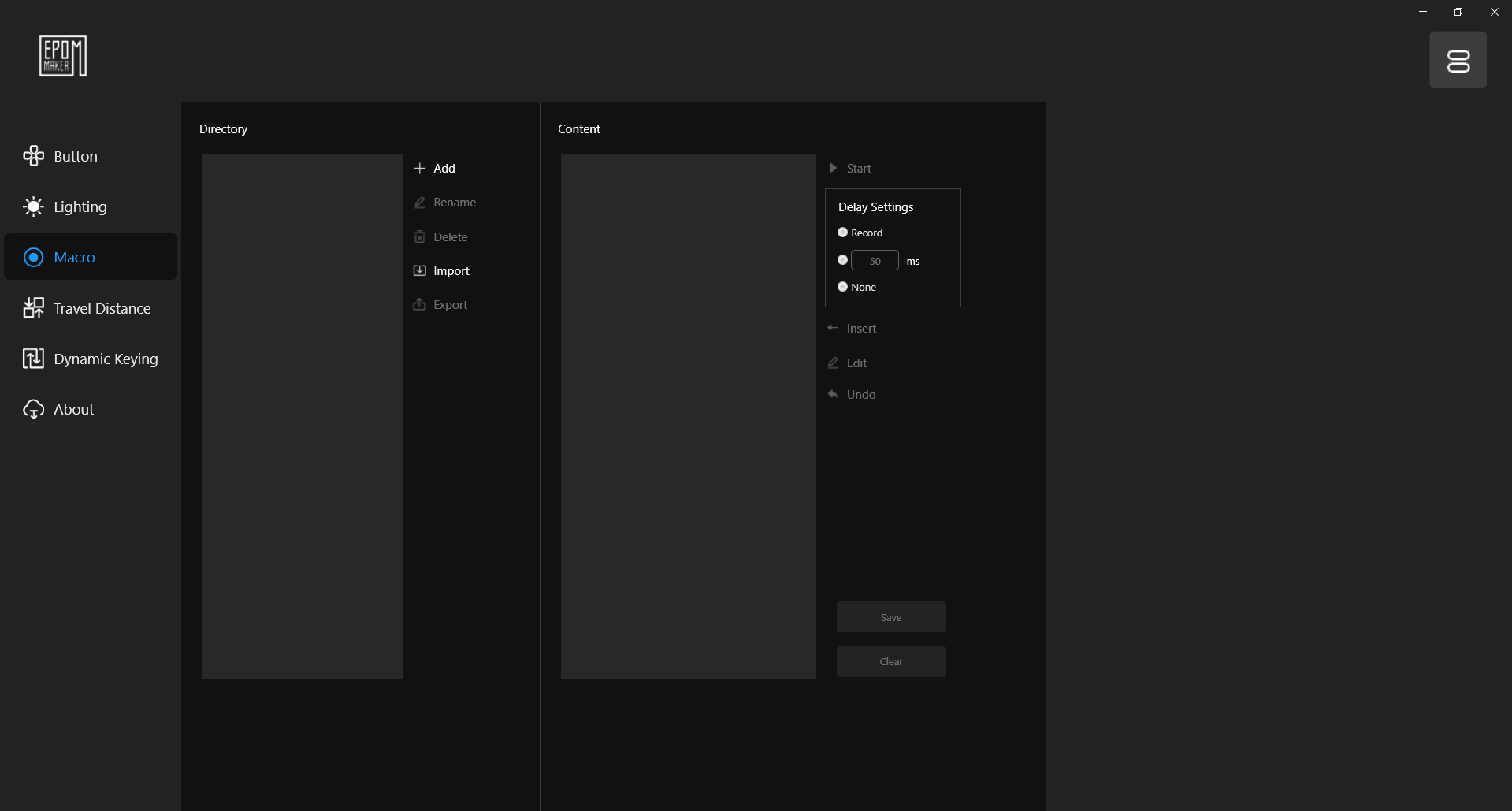
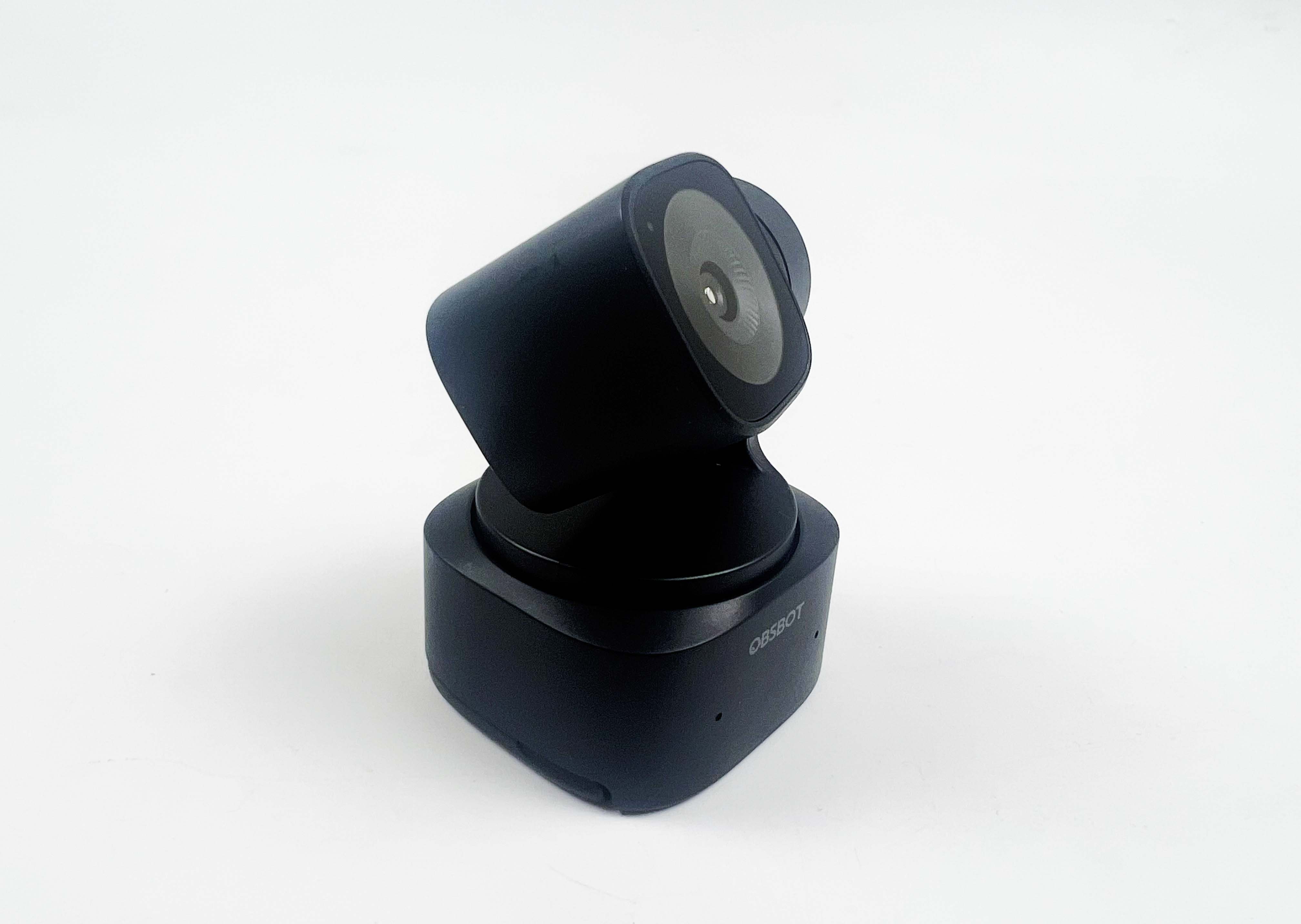
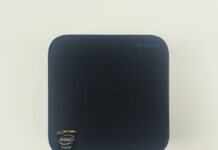
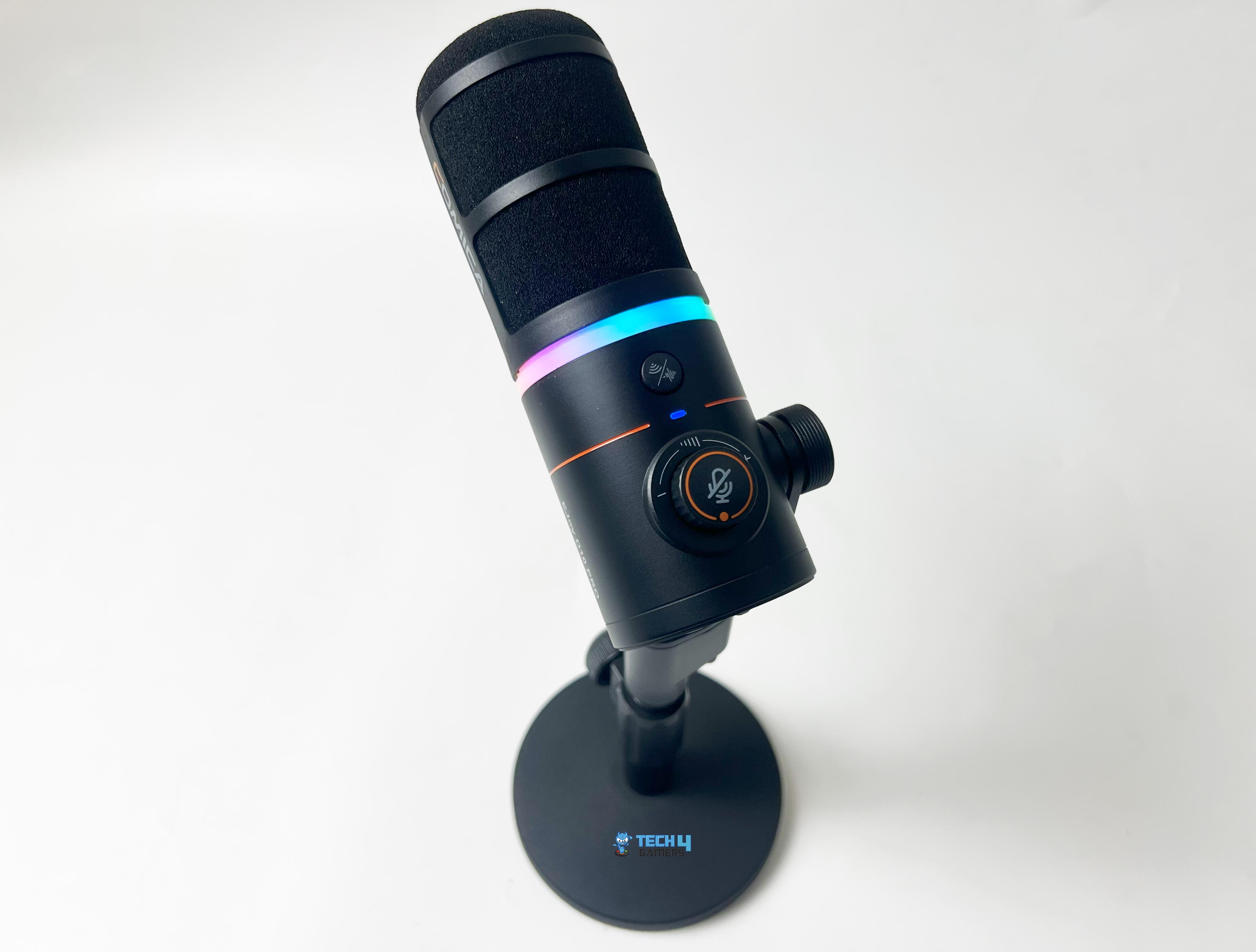
![Best Gaming Mouse For Big Hands [Budget, Wired & Wireless] Best Gaming Mouse For Big Hands](https://tech4gamers.com/wp-content/uploads/2023/06/Best-Gaming-Mouse-For-Big-Hands--218x150.jpg)
